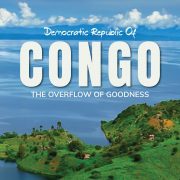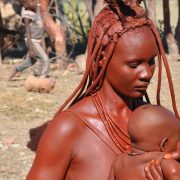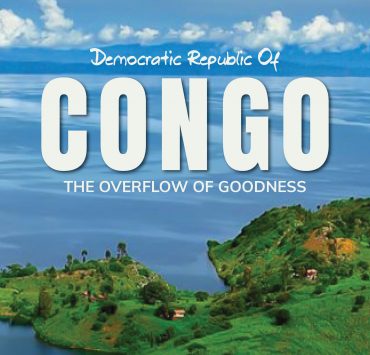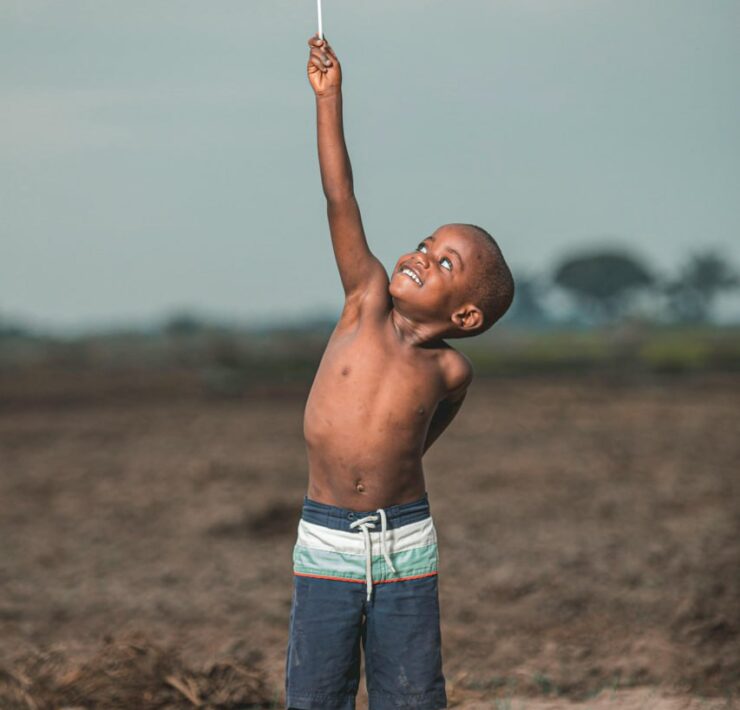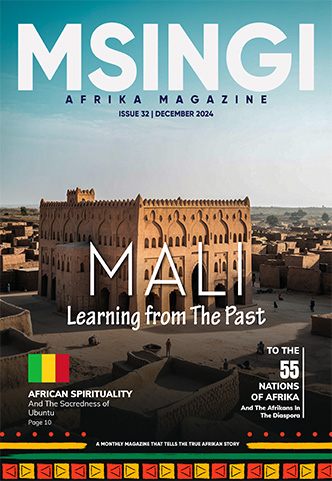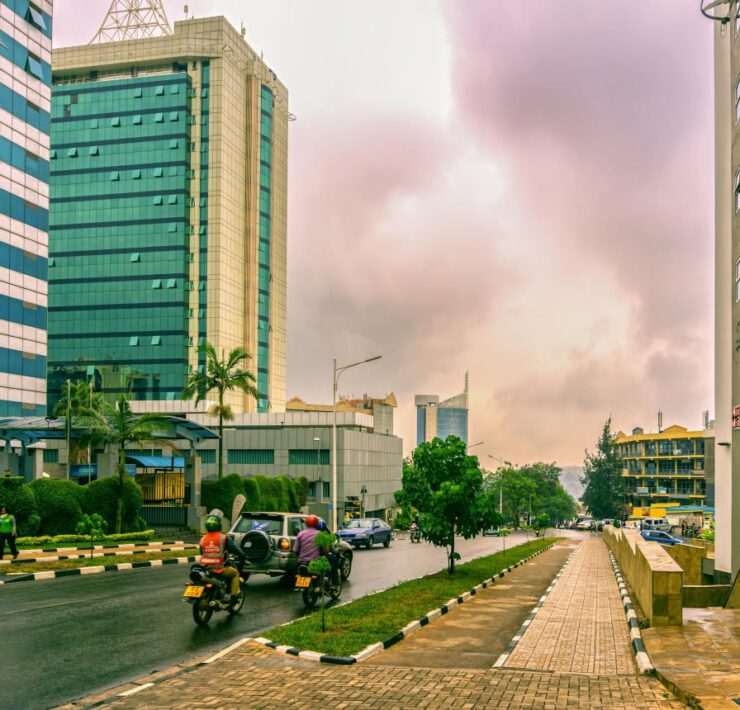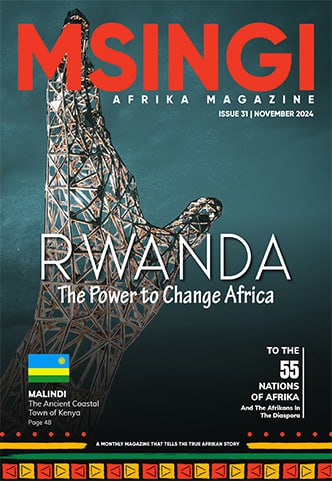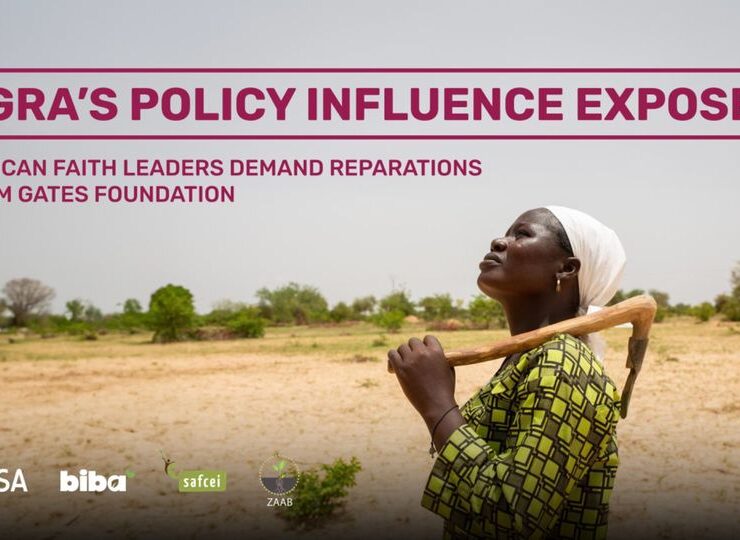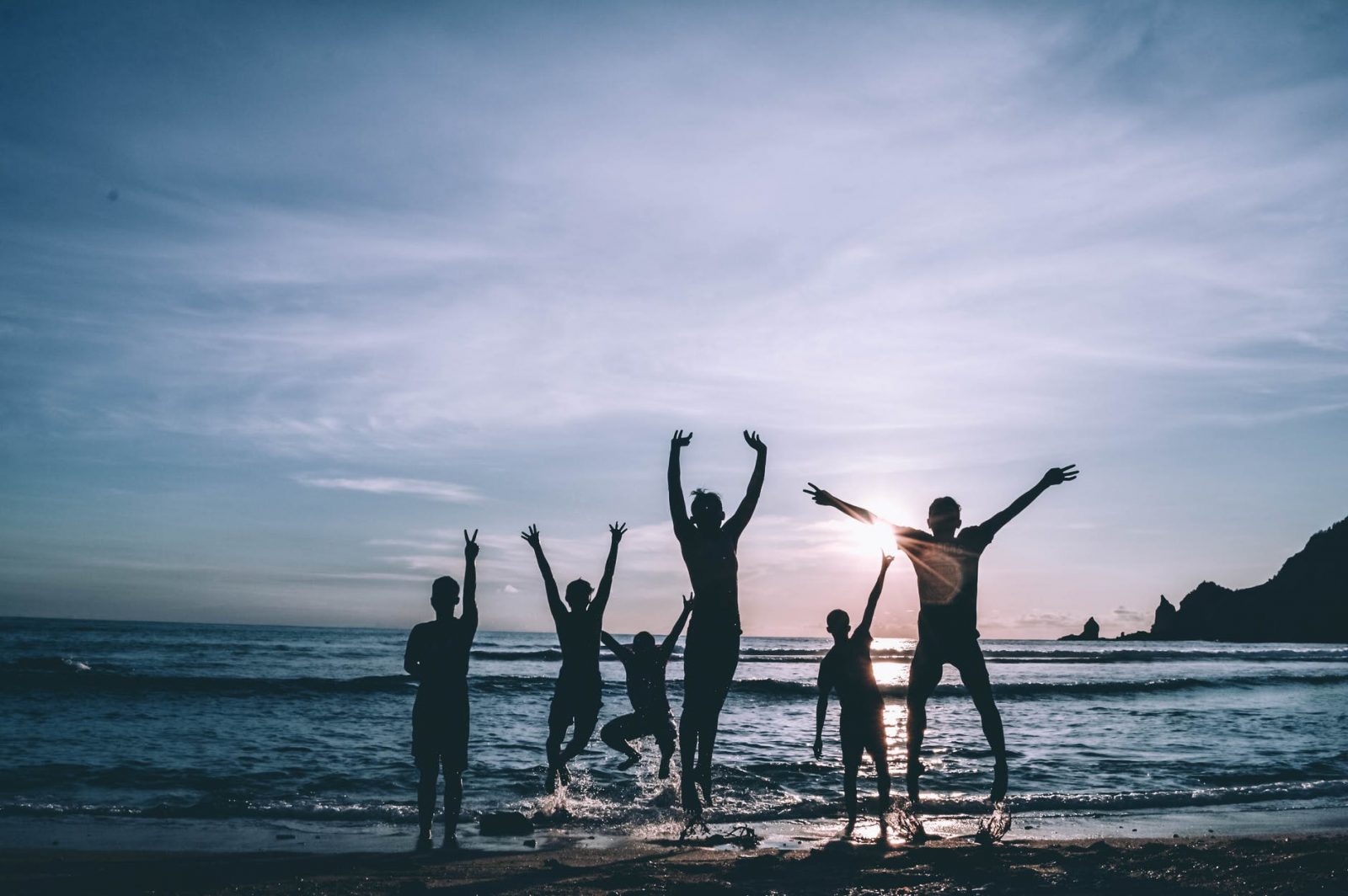
Chioma Phillips is the Editor of Msingi Afrika Magazine and…
Hello everyone, and Happy Afrika Day 2022!
Next year the AU, formerly the OAU, will be 60 years old. Two years ago, in telling the true Afrikan story, when we would speak of the condition of Afrika at Msingi Afrika, we liked to give the analogy of a 60-year-old able-bodied man as an example of what is ailing Afrika, because of how many years since independence the majority of nations on the continent had been ‘free’. Imagine with me a 60-year-old able-bodied man who appears to be unable to tie his shoelaces, wash, dress or feed himself or even look after his children. Nothing wrong with his mind or his body. He is well educated, enough to know what’s right but he just doesn’t seem to do it. Hold on to that thought.
Running a magazine or a tv channel online from time to time requires that you look for photographs or videos or even music to support the work that you are doing. Because of the way the world structured itself, creating hyper supply in the market for various jobs and skills, you can now actually get these resources for free from creatives looking to showcase their talent. When we go to search for images under the name Africa, what we find is horrendous. According to them Afrika is wild animals, dirty children, insurgencies or nothing that fits the criteria we are searching for – which is usually something from a positive angle.
Sometimes we need to research certain topics before we write about them or request permission to use the material we have found on our platforms. But when we go to play videos the message we receive is ‘This video is not available in your country or in your region’ – which means that unless one uses a VPN, they are locked out of that content.
I spoke to an Afrikan living in Europe and she shared a story about how an online search she was making from a certain European country got her very skewed results and only from a Euro-centric viewpoint. Her search was about Afrika. A similar search from any country in Afrika gets vastly different results with more locally relevant content which is what she needed. This effectively creates silos which house citizens from different nations and unless one makes a concerted effort to break free, they will only ever digest the content they get.
Our work puts us in contact with people from around the world and those who have occasion to visit Afrika are always shocked to discover that in Afrika people are innovating, manufacturing, creating amazing solutions to their local problems and also supplying the export market. Why are they shocked? The news media in their home countries, that they imbibe feeds them a very specific narrative about Afrika that leaves them believing the stereotype that Afrika and Afrikans are weak, sick, poor, disease-ridden, warmongering greedy and corrupt… oh, and dirty and in need of saving.
This segregation of valuable information is what I refer to as socio-economic apartheid. Apartheid, as you know, is separateness. A deliberate isolation in terms of ideology, economy, mindset, culture, finance, development… you name it. Those in the west or the east do not have an accurate view of Afrika – and neither do the Afrikans themselves. This leads to a whole host of problems and a very skewed perspective about interventions needed by Afrika and how to approach relationships with the continent.
I am not saying that Afrika doesn’t have any challenges. What I am saying is that most of these challenges come from carefully curated lies and distortions of events that leave both the sons and daughters of Afrika believing themselves to be inadequate – and those outside the continent believing the same story. How do you invite such a continent to have an equal place with so-called ‘world powers’ at the table of global destiny? Afrika appears to be the most useless member of the global community, only there to be seen and not heard, unable to manage her own affairs. So why bother?
How do we fix this?
How many millions of PhD, master’s degree, undergraduate, diploma, high school and primary school graduates does the continent of Afrika have? Both on the continent and in the Diaspora. Yet with all of those highly equipped individuals, somehow Afrika seems to remain stuck in a loop? Why?
No one wants to die.
That may seem like a strange thing to say, but it is the truth. While Afrika’s supposed independence was ‘won’ on the lives of those who stepped up and were willing to pay the ultimate sacrifice, the next generation of Afrikans was not willing to. They wanted the cushy lifestyles which have effectively put the nail in Afrika’s coffin. Fleeing the continent in search of ‘greener pastures’ or taking up jobs with plush salaries that require them to become the neocolonialist’s hand puppets or even taking the highest seat in public service and being afraid of what the globalists say and think, thereby selling their people out in order to self-preserve. They don’t want to pay the price to fight for Afrika’s true freedom. They see what happens to those who try to take a stand and they do not want that for themselves.
No one wants to change.
They want to complain about the problem and then leave the matter there, having sated their desire by speaking endlessly without action about an issue.
No one wants to be the one to step forward.
They are happier celebrating the ones who succeed ‘acceptably’ or pelting with stones the ones who take action and make them feel bad about not taking action – than actually doing anything about the problems on the ground.
In there lies the solution to Afrika’s current predicament of brilliant potential, tremendous resources yet appearing stuck. Seemingly unable to move masses of willing people in the right direction for the continent. What do we need to move Afrika away from socioeconomic apartheid?
- We need to be willing to die for Afrika again. We need to set aside our own desires and put Afrika first if we’re going to make a difference.
- We need to want to change Afrika more than we want to be celebrated by the world, because changing Afrika will put us at loggerheads with the world. Including the leadership in our own countries – particularly those aligned with the globalist agenda.
- We need to be the ones who step forward to do something about the problems. Even if it is just one thing. We need to, in large numbers, step forward and take action.
- Afrikan media must be able to tell stories based on truth and not based on some faceless foreigners who are paying for the content
- Most importantly, we need to make choices that are for Afrika, not for the world.
Liberating Afrika from socio-economic apartheid is not about making her acceptable in the eyes of the world, or according to their standards. It is not about benchmarking. It is about choosing the right path for the Afrikan people. One that restores the soul of the continent. One that restores ubuntu to its rightful place. One that destroys this soul-sapping capitalist system that turns people into enemies of their own families and instead choose socially beneficial economic models that nurture and restore rather than strip our resources away. We need education models that transform our children into people we would like to be around and who will grow into adults who raise up entire communities and nations the right way. Who work to eliminate greed and selfishness and totalitarianism and push for love and brotherhood in every aspect of social living. We need appropriate systems and policies in place that favor Afrikans: for instance, removal of the requirement of visas and even passports between nations to allow cross-pollination of ideas and cultures and skills as it was before, elimination of import duties on necessities for growing the continent such as computers and mechanical equipment, manufacturing of products from our own raw materials – if there is no capacity in one nation to do this, another nation should step in. Ladies and gentlemen, transforming Afrika is not difficult or a challenge. It is a decision away.
It is not about seeking glory for oneself. Those that go it alone are too easy to eliminate and are then used as examples so as to intimidate the other transformative thinkers and doers into silence. It is about empowering as many people as one can find to empower with tools and information and resources to be able to do things differently in and for Afrika.
We have to accept that the way the world does things is not the ultimate. That each community and each continent has a unique voice and role to play in the global space and that Afrika’s voice must be activated accurately and not through mimicry of what it finds ‘out there’.
Right now, our interactions with the world are an embarrassment. 80-year-old presidents begging men young enough to be their sons to send aid to their countries, even while failing to secure the natural resources in their own lands that finance the young men’s lands.
Enough is enough. It is time for Afrikans to put Afrika and her needs first before all others. Only then will we be able to truly make foundational transformational moves that will shift our continent to the place that she can get to, if only we prioritize her.
Subscribe now for updates from Msingi Afrika Magazine!
Receive notifications about new issues, products and offers.
What's Your Reaction?
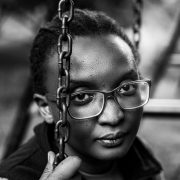 PIN IT
PIN ITChioma Phillips is the Editor of Msingi Afrika Magazine and the host of Msingi Afrika Television. Her hope is to see the Truth shared, with all who will listen, for the transformation of the people and the continent of Afrika - and the world. She believes passionately in the critical role that Afrika and Afrikans have to play on earth right now and hopes to ignite the spark that will cause them to see and believe who they are, so that they can live out their Truest lives for the remainder of their days.








